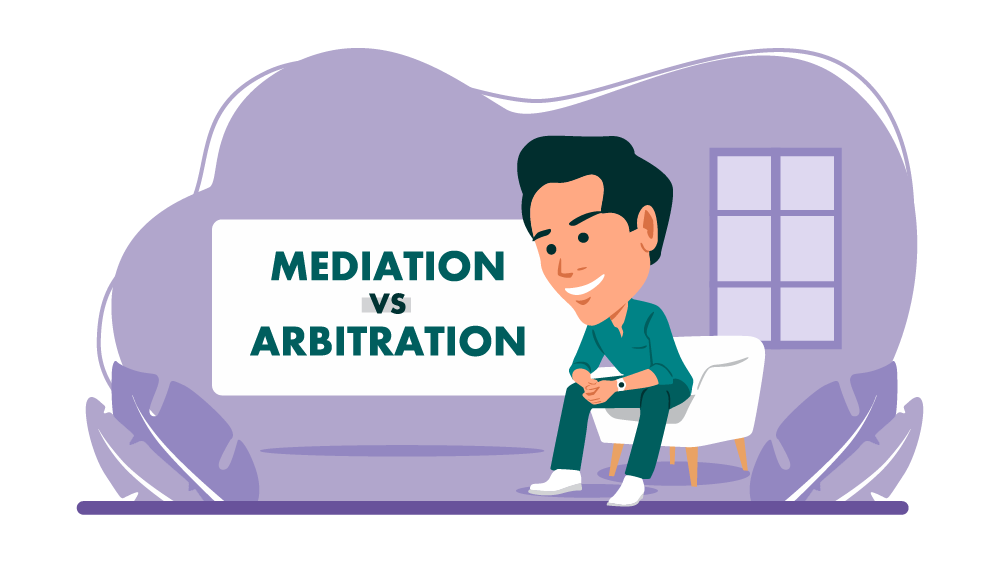Are you interested in how to become a private investigator? This can be a unique career option and often includes working with law enforcement agencies. Sometimes, private investigators will also work for lawyers and private clients.
There are many good reasons to become a private investigator. If you believe this is a career you want to enter, it’s important to understand the job duties. Let’s look at your duties and how to become a private investigator.

Job Duties of a Private Investigator
As a private investigator, you will work for your clients. Your job duties will be based on what they need. While you’re not a part of law enforcement, some of the things you will do will be similar to law enforcement.
If you become a private investigator, you will likely handle many of the following duties:
- Meet with clients
- Research legal information for clients
- Perform background checks for employers or private clients
- Research information about a person
- Conduct surveillance
- Take pictures of suspicious activity
- Interview people
- Prepare reports for clients
- Investigate online fraud and other types of fraud
- Take witness statements
- Investigate computer crimes
- Investigate identity theft
- Verify information
- Locate assets
- Find missing people
- Gather evidence
- Study public records
- Research court records
- Observe criminal activity
These are common duties for a private investigator. You may do other things, as well, but these are the most common job duties.
How To Become a Private Investigator in 6 Steps
Step #1 – Figure Out State Licensing Requirements
Every state is a bit different when it comes to private investigators. Most states will require you to become licensed. You may need to meet a minimum working hours requirement, too.
Some states will have provisions to allow you to work without a license. You may need to take courses to get your license in other states.
Those that have experience in the military, a criminal justice degree, or law enforcement experience, you may not need to meet specific requirements.
Step #2 – Attend the Correct Classes
You may need to go through specific courses to become a private investigator. It’s common that you will need a high school diploma and you may need to complete licensing courses.
In some cases, an associate’s degree or bachelor’s degree in criminal justice will also be necessary. If you want to work for yourself, the requirements will be based on your state. Working for an employer will bring in new requirements.
You will likely also need firearms training, along with self-defense training. Your state laws may require specific training if you plan to carry a weapon. Some states require self-defense training, as well. Make sure you check with your state for these requirements.
Step #3 – Fulfill the Minimum Requirements
Every state is a bit different, but there are some basic requirements you may need to meet. These may include:
- Be at least 18 years of age
- Be a legal resident or U.S. citizen
- Pass a background check without a felony-level offense
- Not be found on the sex offender registry
- Not have any type of dishonorable discharge from the military
- Not have any mental defect or disease
These are the basic requirements for most states, but they may be different in your state.
Step #4 – Pass the Necessary Exam
Some states have a licensing exam you will need to pass to become a private investigator. This exam will cover criminal laws, along with federal and state regulations. You will need to understand the type of behavior, protocols, and procedures you are expected to adhere to as a private investigator.
Step #5 – Pass a Background Check
In most states, you will have to go through a background check with fingerprints. This is necessary and you may also need to post a surety bond to get your private investigator’s license. A surety bond will guarantee you will fulfill certain obligations and tasks.
Step #6 – Maintain Your License
After getting your private investigator’s license, you will need to maintain it. This means you may need to renew it every few years. Continuing education courses will likely be necessary, too.
Necessary Skills for a Private Investigator
Along with the experience or training you will need, there are some skills that will help you. Some of the top skills to develop include:
- Communications– You will need to communicate with clients as you take them on. This is an important skill for anybody wanting to become a private investigator.
- Patience– Surveillance can last many hours and it can take time to find answers. If you want to become a private investigator, expect to have patience with your cases.
- Critical Thinking– you will need to solve problems and make decisions. Sometimes, this will happen very fast. Critical thinking skills are very necessary for this career.
- Confidentiality– You will need to keep client information safe and confidential. This is important as a private investigator.
- Ability to Work on Your Own– Many hours of your day, you will work by yourself.
These skills are necessary if you want to become a private investigator and achieve success in this career.
Frequently Asked Questions About Becoming a Private Investigator
How much can I make as a private investigator?
Private investigators often make a salary of around $36K per year, according to Indeed.com. It will depend if you work for yourself or for an employer. Most private investigators work for themselves and some may not work a full-time week.
Your location and experience will factor into how much you make. Indianapolis is the highest paying city, with New York City right behind it. Jacksonville, Pittsburgh, Chicago, and Los Angeles have higher than average salaries, as well.
What type of benefits do I get as a private investigator?
As a private investigator, you may work for yourself. This can lead to a flexible schedule and the ability to work from home. If you work for an employer, you may have access to health insurance and a 401(k).
Where will I work as a private investigator?
It’s rather common for private investigators to work in a variety of environments. Some will spend many hours in the office doing research and making phone calls. Others will spend time handling surveillance in the field. This may include following a suspect.
What type of hours will I work as a private investigator?
Most private investigators will work irregular hours. You might work at night, on the weekend, early in the morning, or any other time of the day. It will depend on the case you are working on currently.
Do I need experience to become a private investigator?
It all depends on your state. Some states require you to have some type of online or in-person training if you don’t have any experience. This can be 100 or more hours of training to become licensed. Typically, you will need training in the following areas:
- Private investigator’s mindset
- Surveillance
- Documenting evidence
- Desk investigations
- Local, state, and federal laws
- Physical and health requirements
- Communications devices
You may also need additional training, depending on your state.
Who is most likely to become a private investigator?
Many retired police officers and detectives will become private investigators. It’s also common for paralegals, collections agencies, and process servers to enter into this career.
Who will hire me as a private investigator?
Private investigators often get hired by law firms, corporations, private clients, and insurance companies. Anybody can hire a private investigator, but these are the most common options.
You might also be hired by a financial institution, retail business, or security firm. Many private investigators work for themselves and will take on these types of companies as clients.
Can I specialize as a private investigator?
Most private investigators don’t specialize, but you certainly can. There are many areas you can specialize in including:
- Behavior sciences
- Criminology
- Security
- Computer forensics
- Fugitive recovery
These are the most common specialties, but there may be others, as well.
Can I work as a private investigator with a criminal record?
Maybe, depending on your state. Some states and local licensing boards will allow you to get a license if you have a criminal record. Look up the state requirements and you will find out if you can become a private investigator in your area.
Are private investigators in high demand?
The expected growth for private investigators is about 8% for the next ten years. With increased security concerns, this could be a very high-demand field. The demand may go up over the next few years, but this career is already growing faster than the average career.
If you want to become a private investigator, you want to check with your state requirements. This will give you the pathway to enter this career. Of course, a degree in criminal justice or law enforcement experience can help.
Most private investigators are self-employed. It can be helpful to take some business classes to understand the business side of becoming a private investigator. With the steps above, you can enter this very rewarding and exciting career.




